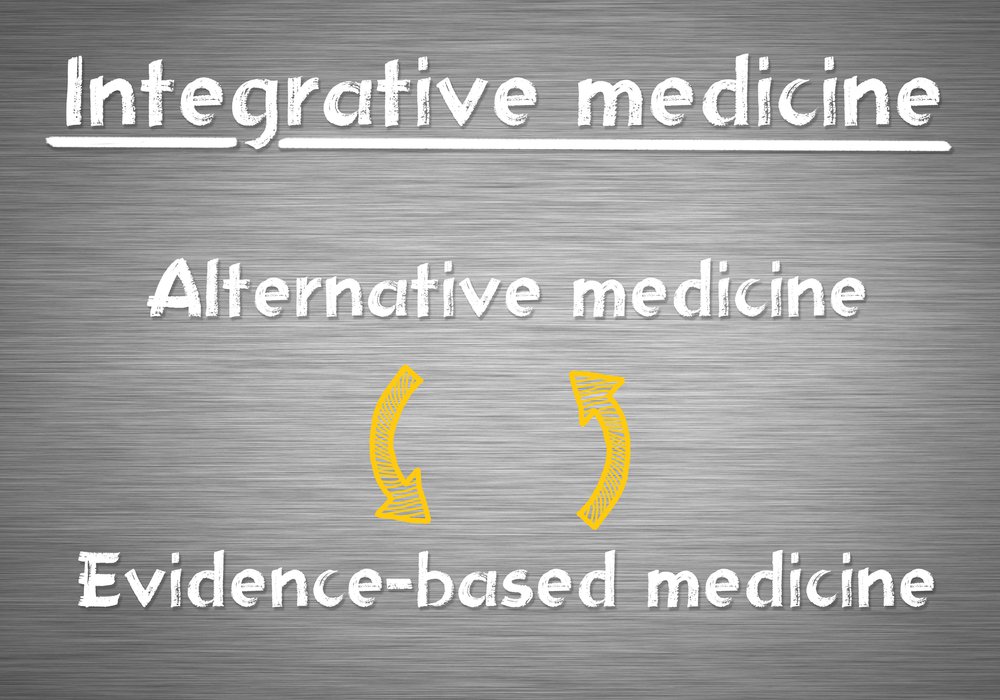
Figuring out what’s actually true is far harder than most people realize. Our brains are both hypothesis-generating machines and incredibly credulous. As a result, most of the things we believe to be true turn out to be false. We don’t just mistakenly believe that vaccines cause autism, that the flu shot can give us the flu, and that astrology can predict our future. We also mistakenly believe that the salad we ate for lunch gave us food poisoning, that our boss fired us because he didn’t like us, and that we’re depressed because we don’t have enough money. Why are we so easily fooled into believing explanations that aren’t correct? Studies argue that we believe the explanations not that have the most evidence supporting them but that come to us the most easily.
The problem with this is that we’re all biased in numerous ways — influenced by many sources — we don’t see. For one thing, we’re all more likely to believe what we want to believe. Yet the truth about any matter is rarely what we want it to be. Unfortunately, we take the confidence we feel in our conclusions as an indicator that our conclusions are correct. Yet not only do most of us lack the skills to evaluate evidence correctly, but also we usually skip the step where we ask ourselves if there’s evidence to support our conclusions at all.
The scientific method offers a way of thinking about and systematically overcoming our cognitive biases. But it’s a slow and plodding method, often leading us down several false paths before eventually yielding the truth. In fact, there’s good reason to believe that almost 40% of what we do in medicine today will at some point be shown to be either ineffective or harmful. Yet if that’s the case, how much higher must that percentage be for practices not based on evidence?
I define medicine as the art of applying science to an individual patient’s problems. We certainly don’t always get it right, but we’re much more likely to do so if in practicing that art we apply the principles that have the greatest likelihood of being true — principles that have been derived from carefully designed and performed scientific studies. So the next time your doctor suggests a test, a treatment, or even just an explanation for whatever malady may be affecting you, ask what evidence exists that justifies his or her reasoning. Even flimsy evidence may be enough to accept their reasoning if flimsy evidence is all there is. But if the risk of doing something is greater than the risk of doing nothing, flimsy may not be convincing enough.
This is one of the problems I see with so-called functional medicine. While in a direct primary care practice, physicians have more time to go over the evidence — or lack thereof — with their patients in a way that yields better clinical decision-making, it’s easy to be fooled into thinking that research tells us more than it actually does. For example, in functional medicine a diet low in sugar gets labeled an “anti-inflammatory diet” — or worse an “anti-cancer diet.” Yes, there’s a growing body of evidence to suggest that a diet high in sugar and processed carbohydrates are responsible for, or the very least have contributed to, the epidemic of obesity in America and increasingly around the world. There’s even some evidence that diets high in sugar increase inflammatory markers. But that’s a far cry from concluding that a high-sugar diet causes clinically relevant inflammation and that reducing the amount of sugar in your diet will therefore decrease the amount of inflammation in your body and lead to clinical improvement of whatever malady your functional medicine physician is trying to treat. I’m not saying a low-sugar diet won’t reduce inflammation. It very well may. I’m saying we don’t yet have enough evidence — as with many claims made by functional medicine — to prove that it does. That, in fact, is the main difference between functional medicine and evidence-based medicine: Those of us who practice true evidence-based medicine are far more accurate in calling attention to the line where certainty ends.
Alex Lickerman is an internal medicine physician who blogs at ImagineMD. He is the author of The Undefeated Mind: On the Science of Constructing an Indestructible Self.
Image credit: Shutterstock.com
